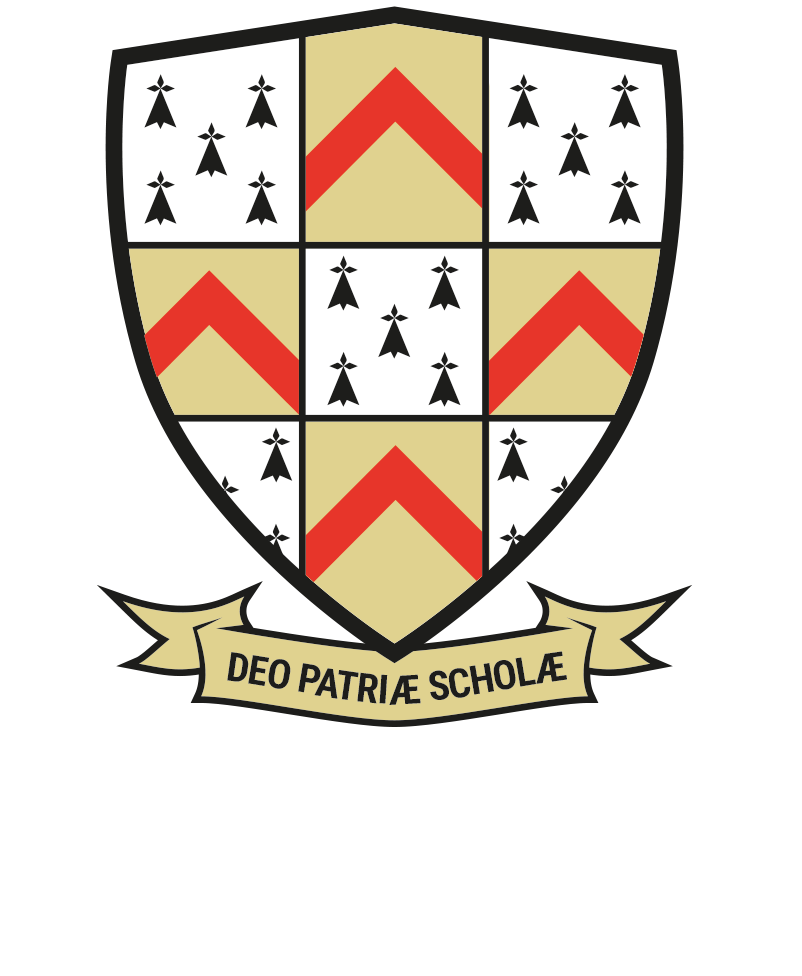Core Subject Information
Below are introductions, videos and presentations about the core subjects which are to be undertaken at GCSE. Further information, including course content, assessments, exams and activities are available in the Key Stage 4 options booklet.
English Language
The course gives you a range of skills across reading, writing and spoken language study. It encourages you to become fluent, critical and evaluative readers of a wide range of texts from the nineteenth, twentieth and twenty first centuries and it will also help you to gain an understanding of how texts are tailored to suit their audience and purpose. These will include works of literature, as well as literary non-fiction and other writing such as letters, speeches and journalism.
English Literature
The course aims to develop your knowledge and skills in reading, writing and critical thinking. Through literature, you will have a chance to develop culturally and to acquire knowledge of some of the best literary works that have ever been produced. You will therefore read a wide range of literature from different genres and different time periods, critically analysing and evaluating each text, as well as making connections and comparisons across your reading. You will be required to consider writers’ viewpoints and the messages they try to put forward for their readers.
Mathematics
The Mathematics GCSE includes a high proportion of questions that require students to have a deep understanding of mathematical skills and techniques at both Higher and Foundation level. The emphasis is on how to use these skills to solve problems in context. Students will learn skills from the following strands; Number, Ratio & Proportion, Algebra, Geometry and Measures, Probability and Statistics. The grades will be awarded on a nine point scale, 1 - 9, with 9 being the best grade. Mathematics is a compulsory subject and achievement at Grade 4 is a key requirement for entry onto many courses for study beyond age sixteen. The skills taught in the GCSE appear throughout the whole school curriculum and are essential life skills.
Science
All students continue to study Biology, Chemistry and Physics in Years 10 and 11. They have already started to cover GCSE topics in these lessons during Year 9. Two different pathways are offered: Combined Science and Triple Science. On the combined science pathway, students will learn about a wide range of topics in each of their science subjects. They will develop practical and analytical skills alongside building up a significant body of knowledge about science. They will take separate exams for Biology, Chemistry and Physics but their scores will be combined to give a double GCSE grade for science, this is the AQA trilogy route. On the triple science pathway students cover the same course as the combined science classes but also study some concepts in greater depth and learn about some additional topics. They will be entered for 3 separate GCSEs in Biology, Chemistry and Physics.
Modern Foreign Languages
All students have started the GCSE course in Year 9 to give three full years to embed the vocabulary and skills. If you are on Pathway K or E, you will continue to study your chosen language, either French or German, in Years 10 and 11. If you are a dual linguist, you can continue to study both French and German at GCSE. Students who have studied both French and German at GCSE achieve excellent grades, because of the similarities between the courses.
Religious Studies
Religious Studies is one of the most useful, stimulating and interesting subjects to study at GCSE, as it is concerned with people, their beliefs and lifestyle, and their responses to a variety of current moral, social and philosophical issues. In today’s world, it is even more vitally important to be religiously educated.
(Presentation to be updated in Feb 2025)

